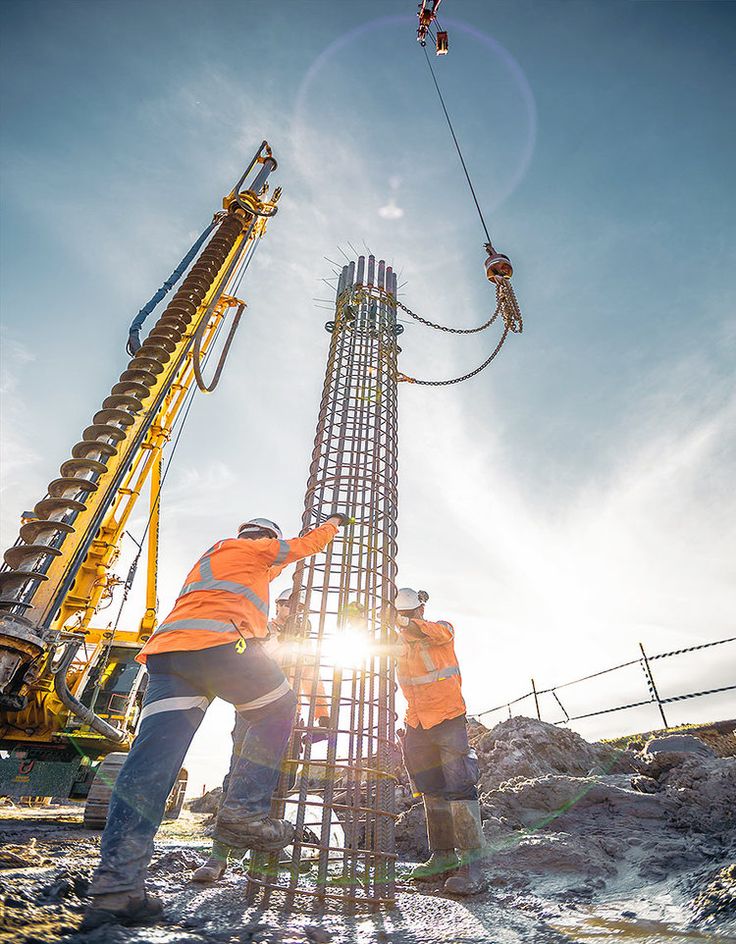An article titled, “Tough rules see migrants give up and go home”, was recently published in the New Zealand Herald. It says that annual migration is down 4800, from a high point a year ago. In the year to April 2018, more than 30,000 non-New Zealand citizens who had been in New Zealand on a permanent or long-term basis left the country, an increase of 23% compared to a year ago. It appears that most of these migrants had been student and work visa holders, who have been unable to get jobs and therefore Residence under the Skilled Migrant category.
Changes to the Skilled Migrant category made in August 2017 by the previous National Government have introduced a minimum rate of remuneration that must be paid in order for an applicant to claim points for skilled employment. The way points are awarded also changed, which has made it more difficult to claim the required 160 points.
The most striking example is the stricter rules around claiming points for work experience. At an annual Immigration Law Conference in Auckland last week, one presenter echoed the view that we have formed in our daily work with potential clients – don’t try to claim points for past work experience unless there is absolutely no alternative.
I recently wrote about how these changes to the Skilled Migrant category have made it more difficult for applicants with qualifications, work experience and skilled employment in an area of long term skill shortage, to get Residence. This has seen a fall in the numbers of skilled workers in areas of labour shortage, such as IT and construction, being approved Residence.
I identified the following changes from INZ statistics in the numbers of migrants being approved Residence under the Skilled Migrant category, from a) 1 April 2015 – 31 March 2016, b) 1 April 2016 – 31 March 2017, and c) 1 April 2017 – 31 March 2018.
- Civil Engineer. a) 116, b) 122, c) 61.
- ICT Business Analyst. a) 122, b) 125, c) 63.
- ICT Systems Test Engineer. a) 68, b) 53, c) 11.
- Quantity Surveyor. a) 101, b) 89, c) 35.
- Software Engineer. a) 337, b) 288, c) 142.
- Overall total numbers approved Residence under the Skilled Migrant category, a) 13,975, b) 13,160, c) 6,376.
These revised policy settings and more restrictive approach need to be explained, if the Government really does want to attract highly skilled migrants in areas such as IT and construction, as it says it does.
The recent Herald article identifies the broader point that, overall, it does appear to be the case that revised policy settings are making it more difficult for migrants to secure Residence.
Occupations which the new Labour Government prefers New Zealanders to do instead of foreigners – such as in hospitality and retail – have experienced a reduction in migrant numbers too. INZ statistics showing the numbers of migrants being approved Residence during the time periods above, identify the following.
- Retail Manager. a) 682, b) 511, c) 307.
- Café/Restaurant Manager. a) 600, b) 449, c) 288.
The conclusion might be that, if highly skilled migrants are still desired while “jobs that Kiwis can do” are to be protected, policy settings need to be better targeted. This could be achieved by, for example, increasing the number of points available for work experience or skilled employment in an area of long term skill shortage.
The need for workers in areas such as construction relates to the new Labour Government’s publicised KiwiBuild programme to build more housing, especially in Auckland. The Minister of Immigration has responded to pressure from the industry by hinting at proposals in the pipeline to bring more tradies in to staff KiwiBuild, although he stopped short of agreeing to legalise the status of a large number of overstayers discovered on several work sites during several Labour Inspectorate operations.
One way to get more migrants into construction jobs would be to specify a wider range of construction related occupations on the Long Term Skill Shortage List (“LTSSL”). Currently the only construction jobs listed on the LTSSL are Construction Project Manager, Project Builder, Quantity Surveyor and Surveyor. Carpenters, Painters, Glaziers and Plumbers don’t show up there. There is an immediate need for thousands of people in these trades, and they should be added to the List.
With current policy settings, New Zealand is missing out on valuable migrants. The Government cannot afford to be squeamish about letting people in to do skilled work here.

Let’s not forget the changes to family quota. My 13 year old son , New Zealand born is in Taranaki without his mother or father because I do not meet the criteria, yet every living relative I have is a PR of New Zealand. Can you imagine the pain each day that we wake without each other? Not sure what happened to NZ but I didn’t realise ripping a whanau apart was all good.